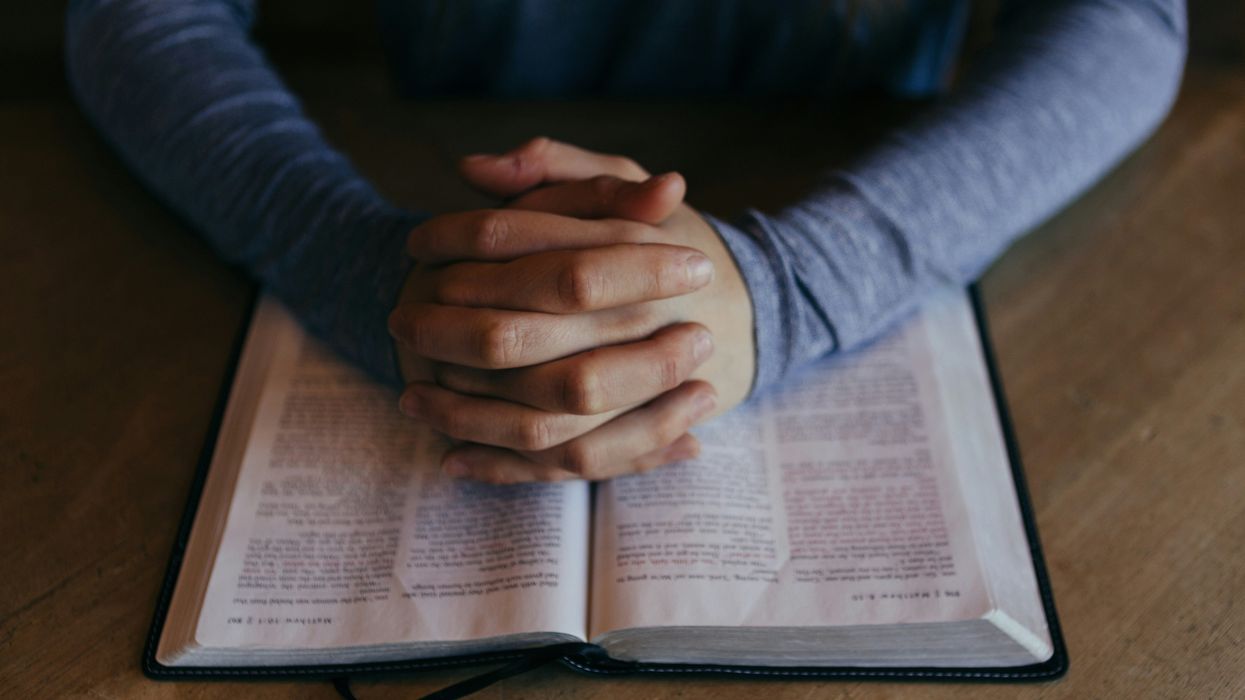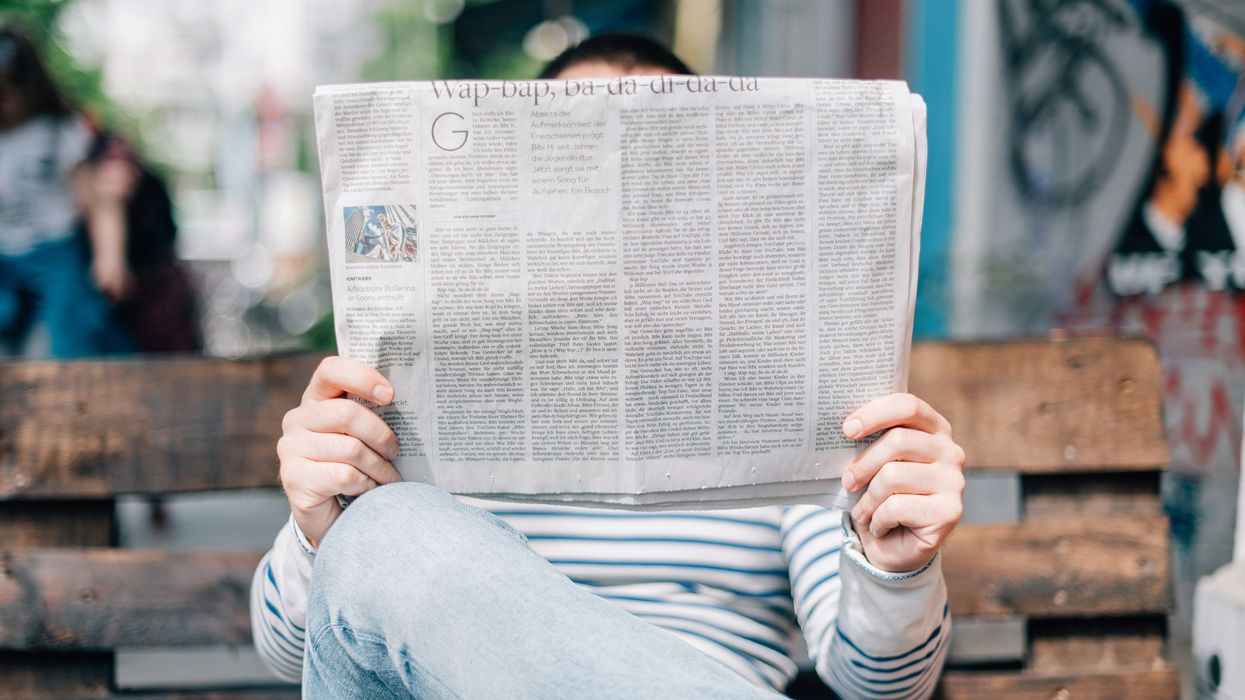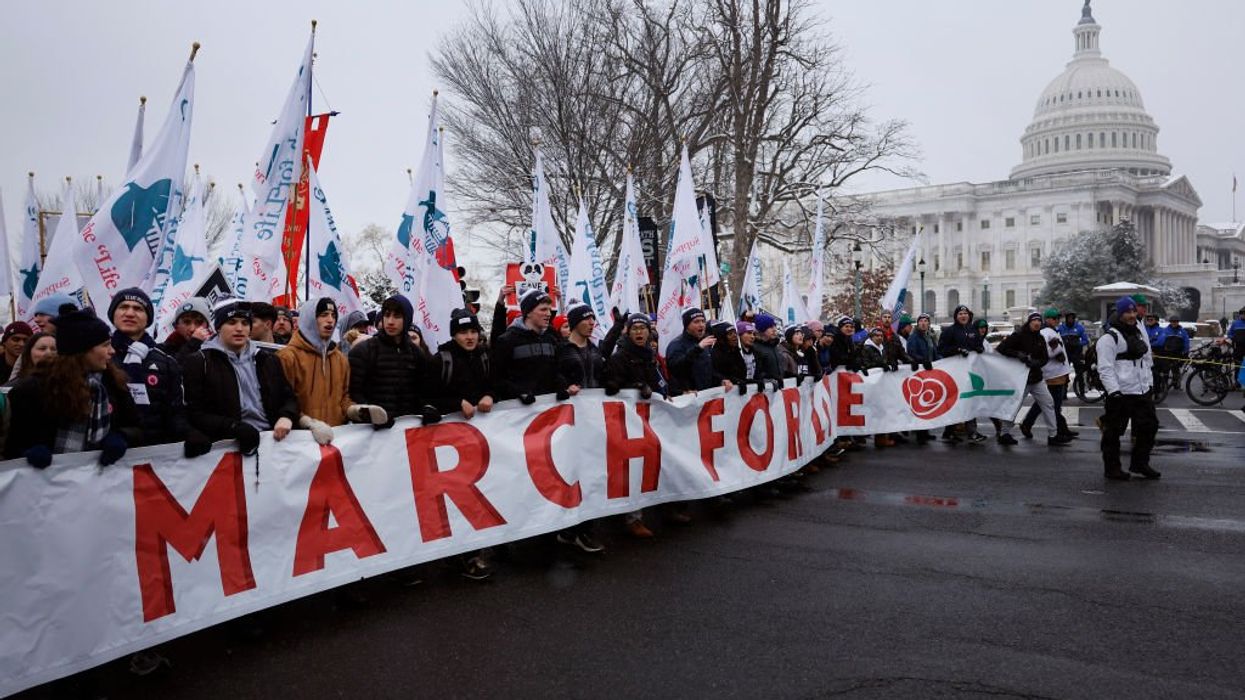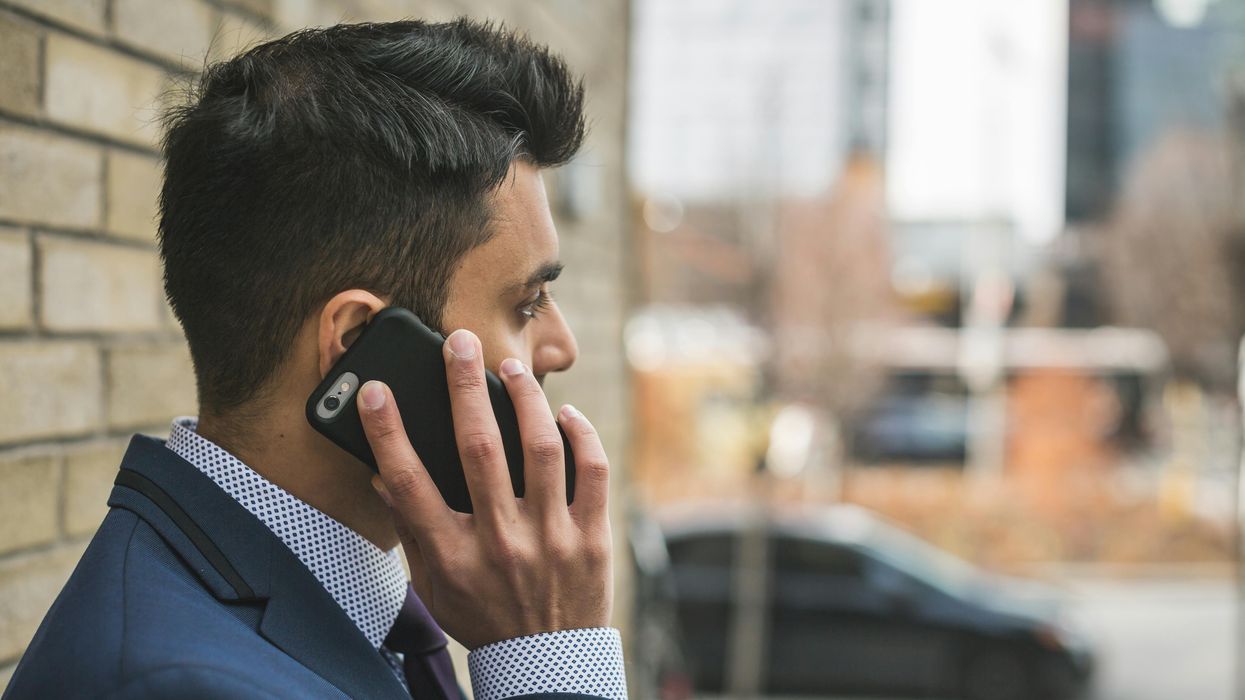Every day it seems Glenn covers another story revealing how people across the world at all levels of power DESPISE the fact that YOU have rights, and they are actively trying to curtail them. Recently, there has been a string of attacks against the rights outlined in the First Amendment: the freedom of religion, the freedom of speech, the freedom of press, the freedom of assembly, and the freedom to petition.
As a refresher, the First Amendment reads as follows:
"Congress shall make no law respecting an establishment of religion, or prohibiting the free exercise thereof; or abridging the freedom of speech, or of the press; or the right of the people peaceably to assemble, and to petition the Government for a redress of grievances."
This is powerful stuff, there is a good reason the Founding Fathers made it the FIRST Amendment. It's also the reason why power-hungry elites are attacking it. These attacks are designed to control the way you think, speak, and believe, vote, what you read, and who holds your representatives responsible. The First Amendment is our strongest weapon against tyrants, and they know it.
So what can you do about it? Hope that some wig in Washinton will eventually do something? We know how well that works. The best thing to do is to stay active, engage in the issues you care about, and exercise your rights.
So where to start? Here are a few things YOU can do to protect your First Amendment rights:
Religion

The best way to flex your Freedom of Religion is to—you guessed it—practice your faith. Become an active member in your place of worship, go to scripture studies, invite your friends to that late afternoon event, and walk the life. This can impact the way you spend money as well. Shop the businesses and brands that share your values, and don't shop at the ones that scorn them. Keeping the community alive and healthy is the best way to ensure that generations to come will be able to experience the freedom you enjoy.
Speech

Much like religion, the best way to protect your freedom of speech is... to speak. Engage your friends and family in polite, civil conversation. Stand up for what you believe in, and make your case to your peers. Just remember to keep it friendly. No one ever won an argument by shouting down their opponent. The civil exchange of ideas is the cornerstone of our republic, and a dialogue where the participants are well-informed, considerate, compassionate, and open-minded can have permanent impacts on all involved.
Press

Freedom of the Press seems a little tricky at first. Unless you work for the media, what are you supposed to do? Quit your job and go work for the local newspaper? The good news is that exercising this right is not nearly that difficult. In fact, you are currently doing it. The best thing you can do is to read from outlets that produce informative content. Want to know what Glenn consumes to stay informed every day? Sign up for Glenn's Morning Brief newsletter to get all the stories Glenn gets sent to his desk every day sent straight to your inbox.
Assembly

Anna Moneymaker / Staff | Getty Images
Freedom of assembly is one of the more impactful yet underutilized freedoms in the First Amendment. Peaceably assembling and protesting with like-minded individuals can hugely influence politicians and policies while simultaneously creating community and fellowship between attendees. It's understandable why more people don't turn out. We're all busy people with busy schedules, and flying out to D.C. for the weekend seems like a daunting task to many. Thankfully, you don't have to go out all the way to D.C. to make a difference. Gather some like-minded people in your town and bring awareness to issues that impact your community. Big change starts locally, and exercising your freedom to assemble can be the catalyst to lasting impact.
Petition

If you've been a long-time listener of Glenn, then you will have heard a few of his calls to action where he asks his audience to contact their representatives about a particular piece of policy. There is a good reason Glenn keeps on doing those: they work. Whether it's your local mayor or your senator, a call and an email go a long way. If you really want to make a change, convince your friends and family to reach out as well.

 JIM WATSON / Contributor | Getty Images
JIM WATSON / Contributor | Getty Images
 Joe Raedle / Staff | Getty Images
Joe Raedle / Staff | Getty Images AASHISH KIPHAYET / Contributor | Getty Images
AASHISH KIPHAYET / Contributor | Getty Images Harold M. Lambert / Contributor | Getty Images
Harold M. Lambert / Contributor | Getty Images